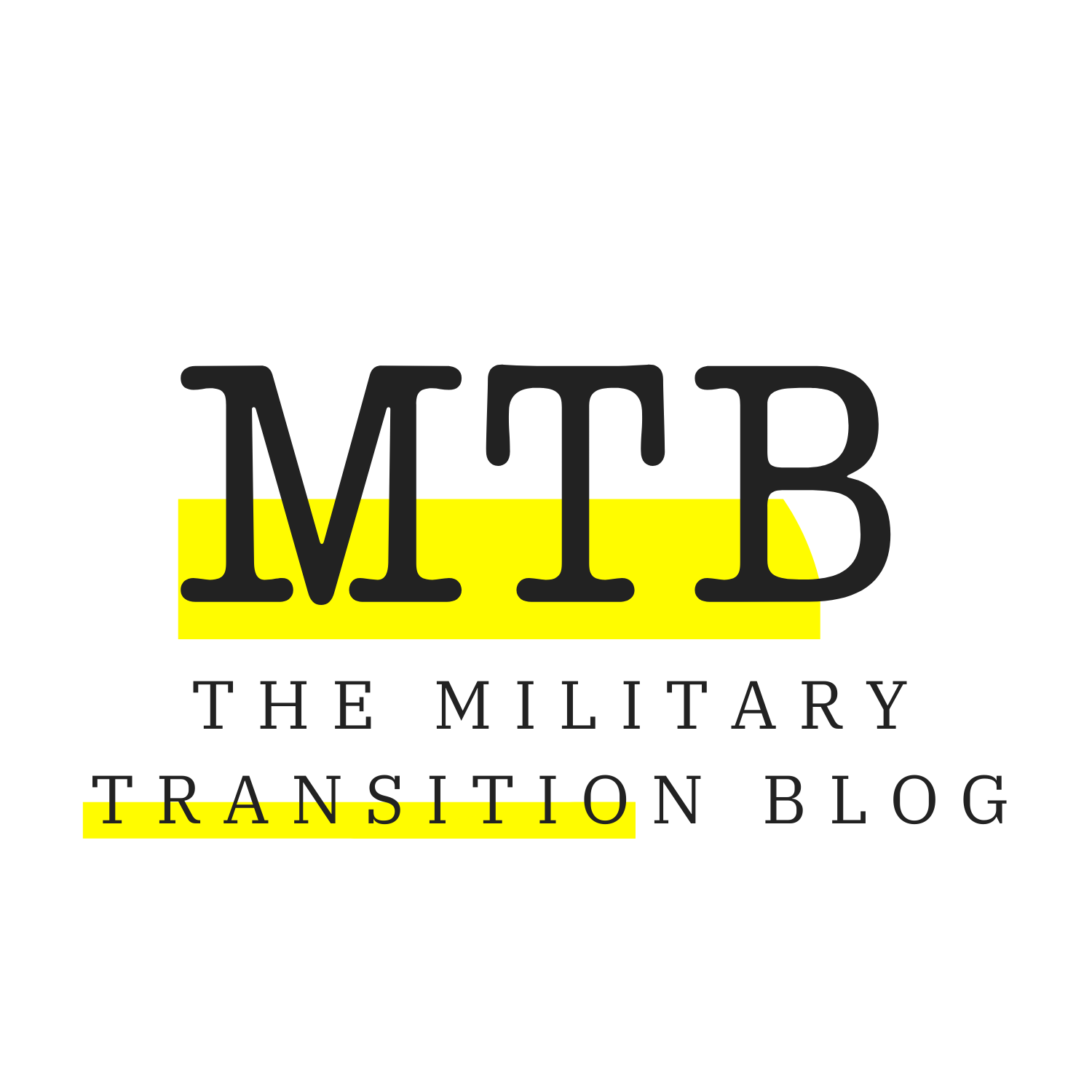It is my personal opinion and expert analysis that there will be times in life when you have to go all-in on your Plan A and nix any talk of a Plan B.
What Did I Just Say?
I just arrived at my duty station, an OCONUS assignment, and the COVID-19 developments have made this time very interesting, to say the least. We have been teleworking and yesterday I was on a telecon with my new division. During that call, with my new supervisor and two colleagues, I was asked what my career development plans were and I said without missing a beat (and I quote), “Retirement.”
If the people on the call could have heard my inner voice inside they would have clutched their pearls and gasped along with me. “What the F* did I just say? My inner voice could not believe what my outer voice blurted out! I never, and I mean never show my cards. I tow the company line until it can’t be towed any longer.

But, I said what I said and I can’t take it back. The beauty of the whole thing, was after I analyzed what I said, I realized I didn’t want to take it back. At that moment, I didn’t need a do-over. Retiring at the end of this assignment is my Plan A and in this situation, I don’t need a Plan B.
Sometimes You Only Have Energy for Plan A
You can’t know how much of a revelation this is for me. To answer the question of this post, No, you do NOT need a Plan B in every case. I stand behind this statement for the first time…ever. And we can dedicate this revelation to two very important concepts: time and energy. Time is finite–Temporal Finitism. Time waits for no man, it continuously passes by, and you can’t make up for it once it’s lost. The next concept, energy is based in the first law of thermodynamics, the Law of Conservation of Energy states that energy cannot be created or destroyed, only transferred or changed from one form to another.
I have less than 2 years before I retire. With my plans to take part in the DoD SkillBridge Program, terminal leave, and permissive TDY, that 2 years looks more like 15 months. I don’t have the TIME or ENERGY to split my retirement plans into A, B and C. If I am planning not to retire, then I need to work on my military career, promotion, and progression. If I am planning to retire, I need to focus on this less than 24 month period and prepare my life for life after the military, meanwhile finishing strong in the position I am in. I need to be all-in my Plan A. Or I am setting myself up for a stressful and ill-prepared transition.
I will caveat the above statement by saying, I will need to have multiple plans as to what I will do AFTER I retire. But, my plan to retire and all of the sub-plans that are under it is the only immediate plan there is.
Transitioning Will Be Hard
To retire or separate successfully, you have to know everything. I know that sounds daunting; everything is such an all-encompassing word. But, honestly, you have to know timelines, entitlements, deadlines, required actions, procedures, regulations, and more. You will hear me say, that there are tens, maybe even hundreds of organizations that exist to make knowing all of this stuff easier for you. But, you also have to know about those organizations or at least where to find them. Do you see how quickly the list of things you have to know multiples? Do you think you can find out about all of these programs, benefits, and required actions while taking on a new or heavier workload in your last 24 months in the service, especially if you are retiring? Oh, and practice self-care, take care of your partner, and your kids? The answer is NO. No, you can’t be working potential retirement–Plan A, potential promotion attempt–Plan B, and making yourself marketable by earning more certificates and finishing your degree–Plan C while giving pretending you are “All-In” at your Aide de Camp job or as an additional duty SARC who is on call every evening.
Those separating may have slightly more leeway when it comes to overtasking yourself in those last 12 months before you transition out. But, if you are one of those people transitioning after 8, 10, or 12+ years in the military, your transition will be similar to a retiree, but unfortunately without many of the benefits of being a retiree. Being a veteran does have significant pluses, but being retired hands down has more pluses.
Once your Plan A is established, be honest with your supervisory chain and commander. See if they are willing to work with you as you plan your transition. If they aren’t working with you and you are feeling work task saturated and can’t take care of yourself by planning your transition, try to remedy that. Focus on your transition Plan A. Save Plan B, C, and D for figuring out what the heck you are going to do when you get out!





0 Comments